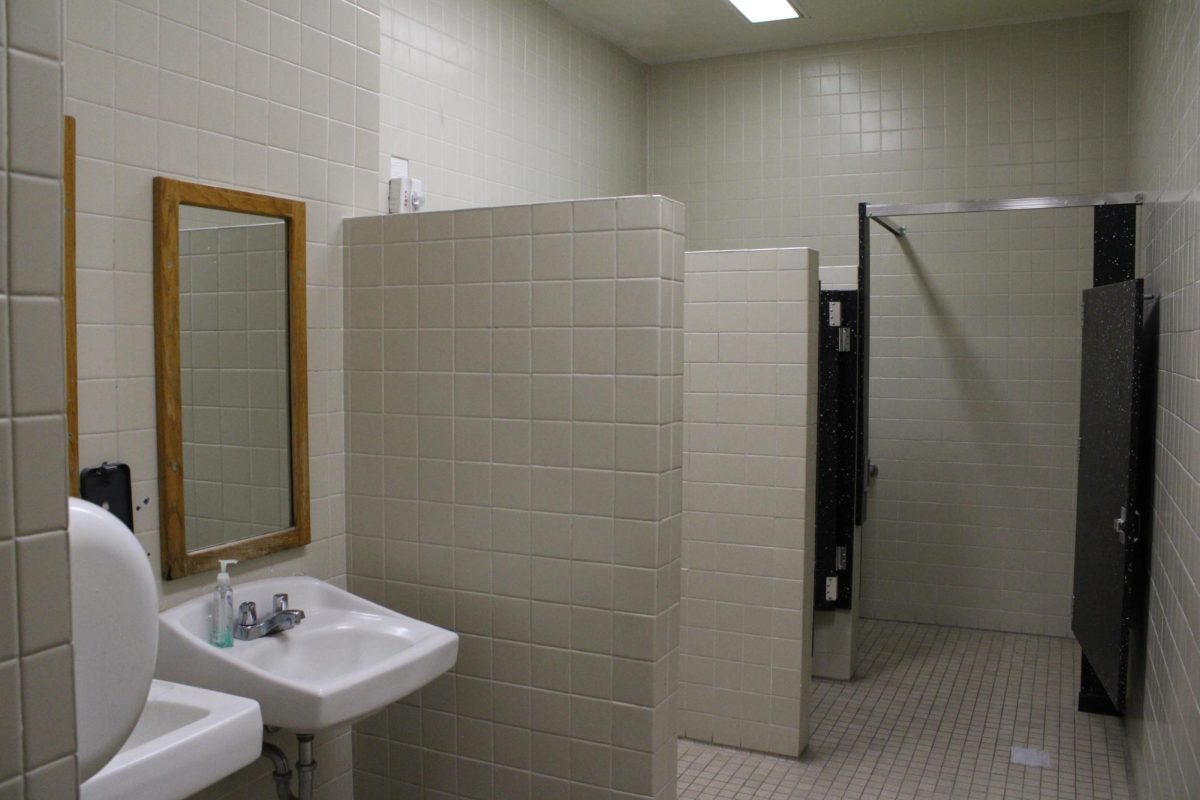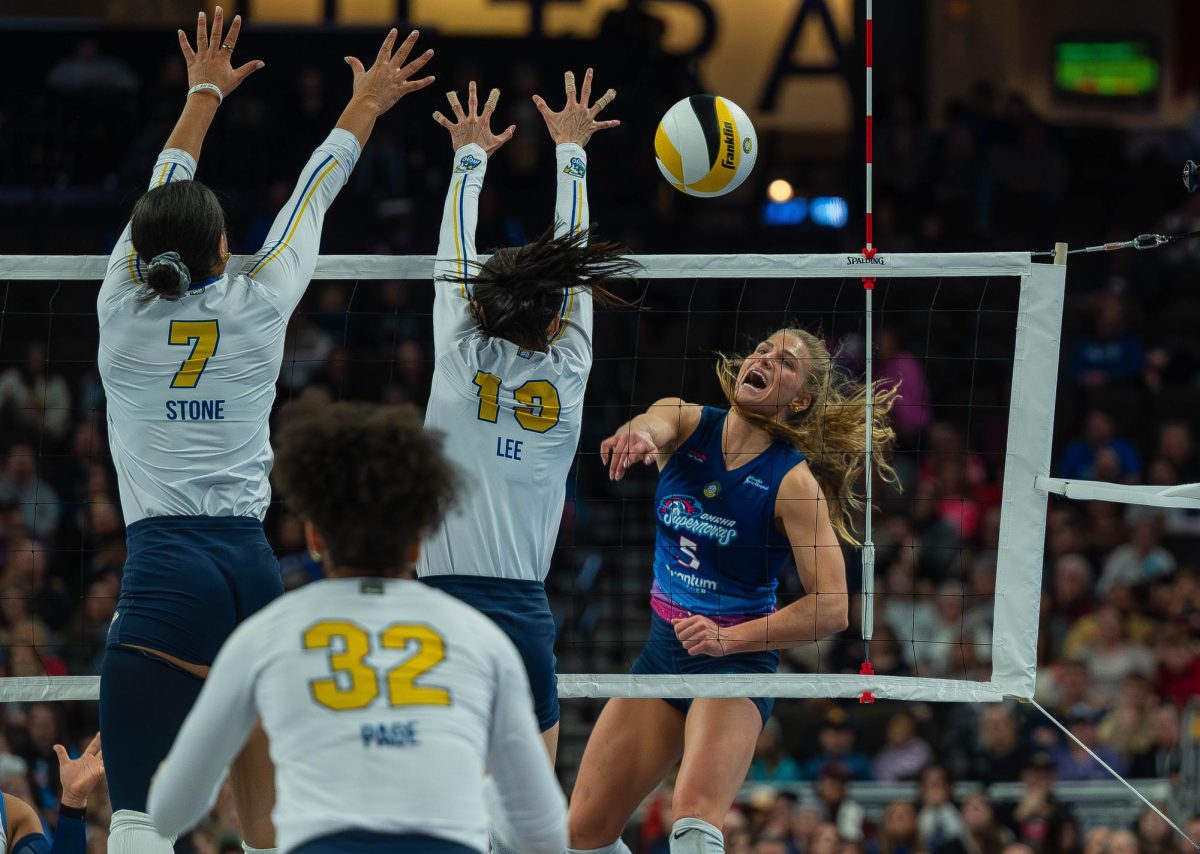The Los Angeles Dodgers are attempting to purchase a World Series championship.
On Dec. 9, 2023, they agreed to a 10-year, $700 million contract with MLB star Shohei Ohtani. Then, 12 days later, Japanese pitcher Yoshinobu Yamamoto also went to the Dodgers for a 12-year, $325 million deal. These announcements threw the baseball world into a frenzy, with fans debating whether such outrageous contracts should even be allowed, or if big-money franchises were simply going to outbid smaller teams for valuable players.
What the Dodgers are doing is bad for baseball.
Now, I’m not saying that it’s bad for a team to attain a number of talented players; frankly, that’s what every franchise should aspire to. The issue is the ridiculous amounts of money the Dodgers are spending to lock down assets like Ohtani. The former Angels star has signed a deal otherwise unheard of in North American sports. The next most expensive baseball contract went to his former teammate, Mike Trout, for $426 million over 12 years.
This eliminates most franchises from contention when trying to persuade players to sign with their team. To put this into perspective, the Miami Marlins are currently worth about $1 billion. The Dodgers have just promised Ohtani an amount equal to 70% of the Marlins’ total assets. This will take place over a decade, but teams like the Marlins have no shot at securing a talent like Ohtani when such ludicrous offers are on the table – they cannot afford to compete. What this does is further the distance between the richest and poorest of MLB teams, and suddenly, there’s an oligopoly, where a small group controls a large market.
In the current state of Major League Baseball, the three wealthiest teams’ (New York Yankees, Los Angeles Dodgers, Boston Red Sox) worth ranges from $4.5 to $7.1 billion, while the bottom three teams (Cincinnati Reds, Oakland Athletics, Miami Marlins) are worth $1 to $1.19 billion. Teams at the top are free to spend more money on acquiring free agents than those on the bottom, and there’s no limit to the amount they can spend. This leaves it up to the franchises to decide how much they’re willing to give up for a superstar, and whoever puts the largest amount on the table is likely to get him. Rich teams control the free agent market because they have the ability to spend these sums for players, and small-money teams cannot enter the conversation. Without a salary cap, it is unlikely they will ever.
Part of the problem is that these wealthy teams are rich largely from the brand they’ve built around their franchise. The Yankees and Dodgers consistently rank as some of the most popular teams in baseball, with fans across the globe – even people who don’t follow baseball recognize their logos, whereas they might not know that the Colorado Rockies aren’t just the mountains. Cities like Los Angeles and New York tend to generate a lot of revenue, so it makes sense that these two teams would have so much money to spend, but there are many teams who do not have the same privilege. If geography determines worth, and worth determines spending money which determines talent acquired, is geography deciding which teams go to the World Series? I hope not.
Money controlling talent in baseball is bad for the sport because it’s boring. The atmosphere of unpredictable competition is what makes being a sports fan so fun. Buying up and condensing talent reduces the chances of even competition, and that in turn reduces the edge-of-your-seat fun.
I’m not saying that this is what will happen next season. Most likely the Dodgers will have a decent record and run out of gas in the playoffs like they always do. But I am worried that over time, if these spending habits continue, we will begin to see a concentration of talent far greater than we already have as more and more players go to wealthy teams like the Dodgers. I can only hope that I’m wrong, and a sense of competition and excitement comes back to Major League Baseball.




















